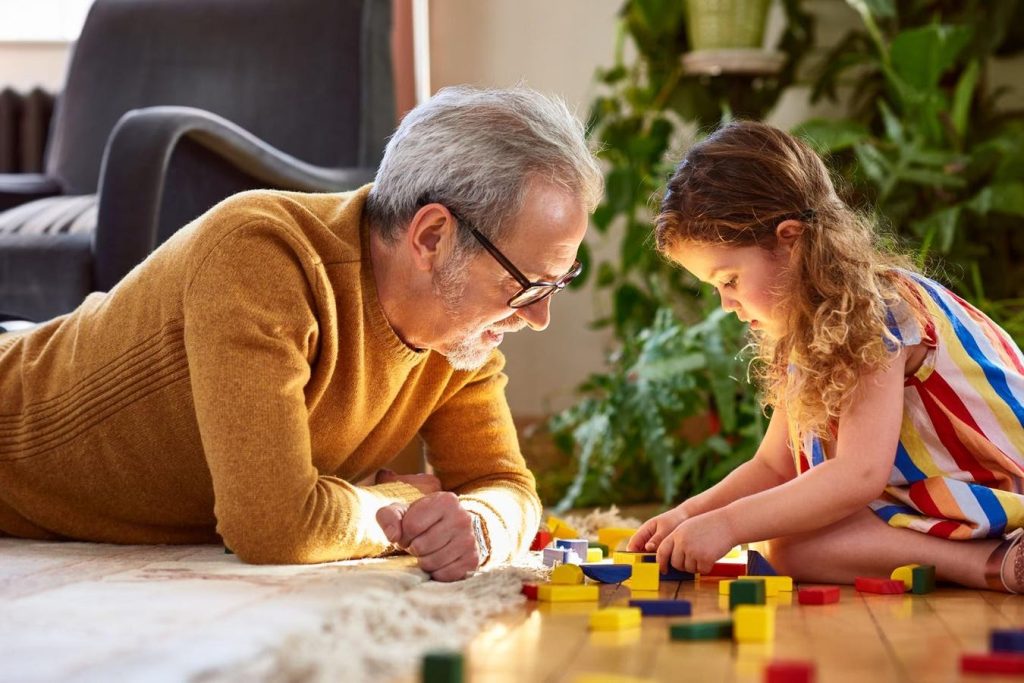Ryan McFarland, the Founder & CEO of Strider Bikes, has been in the children’s toy industry for 17 years and has observed a concerning trend in the industry. Companies are more focused on chasing sales rather than developing products that actually help children succeed. The “new mom economy” is estimated to be worth nearly $50 billion, leading to more companies creating products that look appealing rather than focusing on developmental learning for children. This has led to a critical conversation about the type of play that should be encouraged in children.
Play is crucial for developmental learning, but children are increasingly spending more time on screens rather than engaging in active play. The CDC reports that children aged 8-10 spend six hours per day on screens and toddlers are often seen absorbed in digital devices, missing out on valuable interpersonal interactions. This trend towards screen time is impacting toy trends as well, with children being drawn to both digital and analog toys that do not offer the same developmental benefits as real-world experiences.
McFarland highlights the limitations of “closed-loop” toys, such as puzzles and Lego build kits, which only offer a specific task for children to complete. These toys do not encourage creative thinking or problem-solving skills, as children are simply following instructions to achieve a predetermined outcome. Instead, he advocates for “open-ended” toys that allow children to use their imagination and creativity to decide how to play and what to make. These toys can help children develop their creativity, problem-solving skills, and decision-making abilities.
Toys that incorporate physical activity, such as slacklines, balance boards, and obstacle courses, can take developmental play to the next level. These toys do not provide specific instructions on how to play, allowing children to use their creativity and strategize to overcome challenges. By engaging both the mind and body, these toys help children develop important skills such as decision-making, balance, coordination, and cognitive reasoning. McFarland believes that toys that challenge children, while also offering freedom and creativity, are essential for equipping them with skills that will benefit them throughout their lives.
McFarland also emphasizes the importance of unstructured play, where children are given the freedom to explore and create without strict instructions or guidelines. Toys like building block sets can inspire children to use their imagination and think creatively, rather than following a set plan. By allowing children to discover and create on their own, these toys can ignite their imagination and engage their thinking process. The goal is to offer children toys that not only provide entertainment but also challenge their minds and bodies, preparing them for the adventures of life.
In a world where children are increasingly turning to screens for entertainment, the need for toys that promote physical activity, creativity, and problem-solving skills is more important than ever. As adults, we make thousands of decisions every day, and teaching children the decision-making process through engaging toys can help them develop resilience and critical thinking skills that will serve them throughout their lives. By focusing on toys that offer both challenge and freedom, we can equip children with the tools they need to succeed in an ever-changing world.


